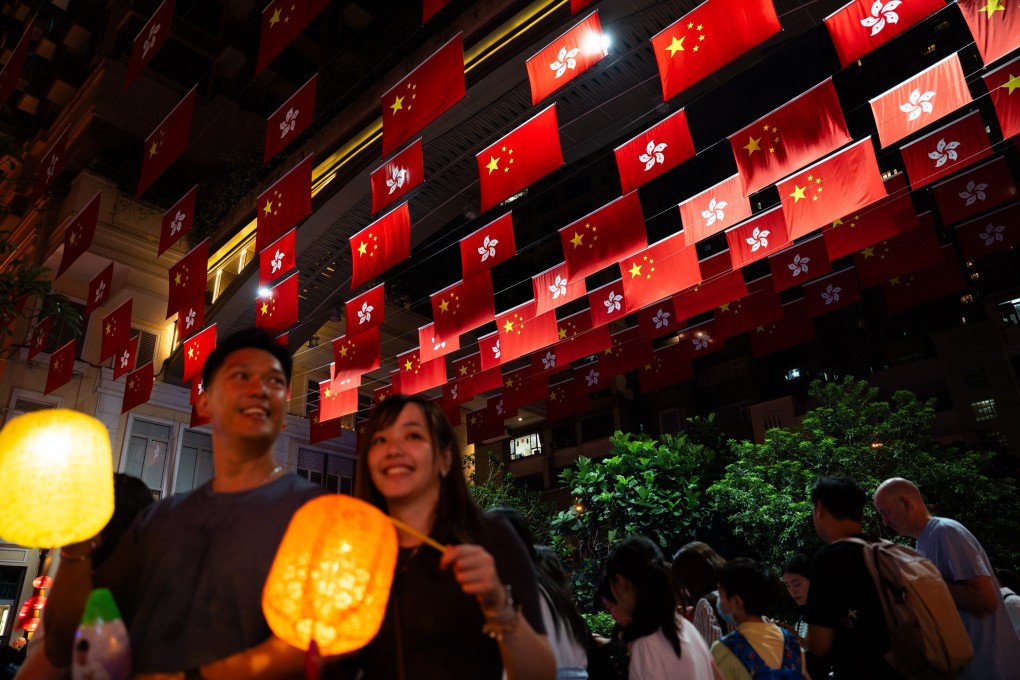Advertisement
Opinion | Hong Kong repeats its mistake with yet another hard sell on patriotic education
- The government’s latest framework for patriotic education focusing on Chinese culture and history does not address issues that hampered previous efforts in this area
- The basis of people’s identity complex rests on their mixed feelings towards mainlanders and anxiety over the national security law
Reading Time:3 minutes
Why you can trust SCMP
26

Early in his three-hours-plus policy address last Wednesday, Hong Kong Chief Executive John Lee Ka-chiu laid out his plan for the city’s patriotic education, which requires coordinated efforts by many sectors.
A working group will be set up to coordinate the work of government departments and non-governmental organisations in promoting national education, and improving education on China’s history, culture and current affairs.
The Leisure and Cultural Services Department will set up an office to implement programmes to promote Chinese culture and history, including a Chinese Culture Festival.
Advertisement
A museum will be established to showcase China’s development and achievements, covering areas such as history, politics, economy and culture.
The Hong Kong Museum of Coastal Defence will be converted to focus on the history of the War of Resistance Against Japanese Aggression to cultivate a stronger sense of national esteem and patriotism.
Advertisement
In addition, while Lee did not spell it out in his speech, the Education Bureau plans to replace general studies in primary schools with two subjects, humanities and science, with the former focusing on Chinese geography, history and culture so as to boost students’ awareness of national identity.
Advertisement
Select Voice
Choose your listening speed
Get through articles 2x faster
1.25x
250 WPM
Slow
Average
Fast
1.25x
